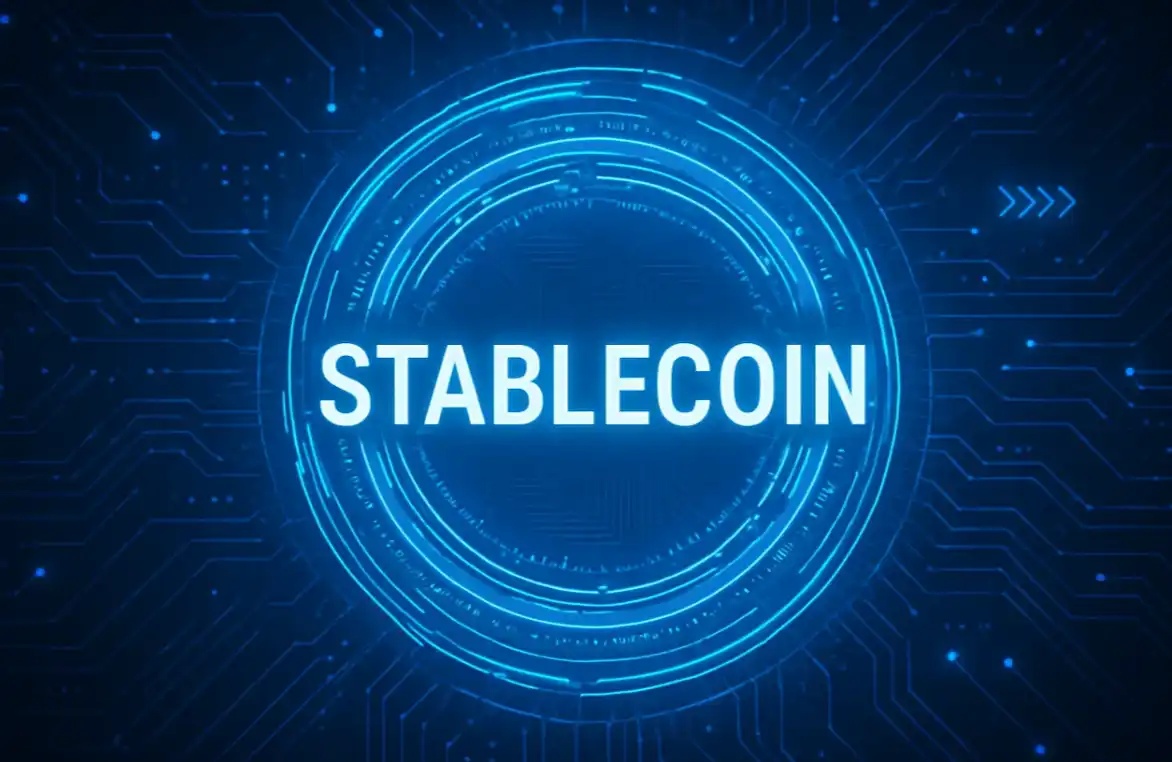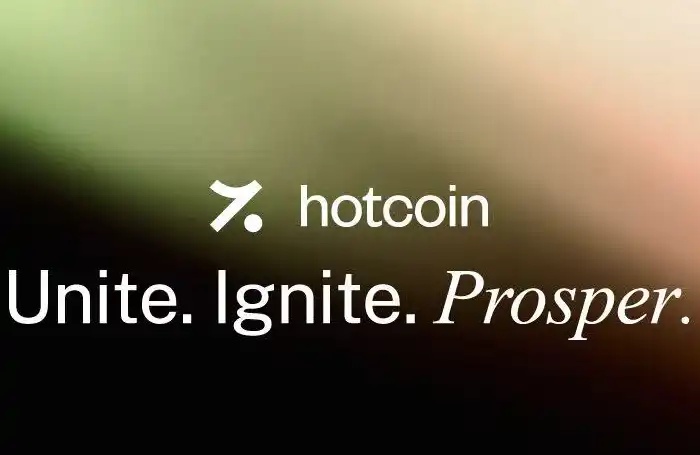Trump and Musk's Epic Showdown: President Takes First Shot at Tech Mogul
As some had predicted: an alliance between two narcissists would not last long.
On the morning of June 6, Musk dropped an "info nuke" on his 220 million followers on his $440 billion social platform, Twitter: "Trump is in Epstein's files, that's why those files haven't been released yet." These are the list documents of super-rich and politicos exploiting underage girls, the darkest corner of American politics.

Musk says Trump is in Epstein’s file
This milestone tweet with billions of views also witnessed a century-long brawl: the political allies who had once stood together, celebrated at the White House, shook hands for photos, and supported each other, eventually turned into accusers and enemies, digging up old grudges. Their "honeymoon period" lasted only 6 months.
A few months ago, Trump appointed Musk as the head of the Department of Government Efficiency (DOGE), signaling the tech giant's official entry into White House policy. However, as Trump pushed hard for the "One Big Beautiful Bill Act," their relationship took a nosedive.
From "Political Besties" to "Twitter Foes"
The earliest crack may be traced back to 3 months ago. While their public relationship remained friendly, those around them had already noticed the private conflicts between the two.
In March 2025, Trump reportedly refused to show Musk the Pentagon's attack plan against China, causing Musk's discontent. Trump's former White House Chief Strategist, Steve Bannon, believed this was the first crack in their relationship.
Next was in May when Musk pushed the Federal Aviation Administration to adopt his Starlink satellite system for air traffic control, but it was rejected due to conflicts of interest and technical issues, further fueling Musk's dissatisfaction with the Trump administration. Meanwhile, Musk's large-scale layoffs and institutional closures plan at DOGE also sparked strong disapproval from cabinet members.
At the end of May, Trump vetoed Musk's ally Jared Isaacman's nomination as NASA Administrator, seen by Musk as the "final insult."
So on June 1st, Musk expressed his discontent publicly for the first time in an interview, stating that the Department of Government Efficiency (DOGE) he led had become a scapegoat, with all negative publicity related to layoffs and budget cuts being pinned on him. He said that while he had been a staunch supporter of Trump, he was deeply disappointed in the "One Big Beautiful Bill Act," believing that the bill was undermining the DOGE team's reform efforts of the past few months.
Next, on June 3, Musk officially challenged on X Platform (formerly Twitter). He referred to this bill as a "huge, ridiculous, and sickening monstrosity" that would not only increase the U.S. budget deficit by $2.4 trillion but also eliminate tax credits for electric vehicles and clean energy, which is almost a direct blow to new energy companies like Tesla. He pointed out that while the government is significantly expanding military spending and infrastructure, it is sacrificing key policy support for the new energy industry, which is contrary to his understanding of "efficiency reform."
Then, Musk's criticism escalated further. He stated in a post that "excessive spending will make America a debt slave" and even bluntly said that "Congress is bankrupting America." He quoted old tweets from Trump criticizing the debt ceiling in the past and sarcastically asked, "Are the people who said those things still around? Or have they been replaced by a body double?" He then even conducted a poll: whether a new political party should be formed that truly represents the "middle 80% of America." This series of actions clearly exceeded the scope of policy disagreement and instead directly challenged Trump's Republican leadership position.
Trump's response was equally unambiguous. On June 5, he tweeted multiple times, calling Musk "annoying" and stating, "He's going crazy," mocking Musk's criticism of the bill as merely because electric vehicle subsidies were canceled. He accused Musk of "knowing about this bill months ago" and now attacking, purely out of "ingratitude." Trump went further to threaten that the easiest way to save the budget is to terminate all contracts and subsidies between Musk's companies such as Tesla, SpaceX, and Starlink and the government, which would save the treasury "billions of dollars."
Musk quickly counterattacked, saying, "Without me, Trump wouldn't have won the election at all." He stated that it was his support during the 2024 election period that allowed the Republicans to retain a majority in the Senate; otherwise, the Democrats would have already taken full control of Congress.
Musk even hinted further that if Trump continues to damage the new energy industry and technology companies, he will not hesitate to push for the establishment of a new political party to challenge him.
On the same day, the U.S. stock market also felt the tremors of this conflict. Tesla's stock price plummeted more than 14% intraday, wiping out $150 billion in market value. Investors were concerned that Trump might actually wield presidential power to cut off the government's resource channel to Musk's business empire, including Tesla's policy support, government contracts, and even SpaceX's space projects.
However, the most impactful turning point occurred on June 6. Early in the morning, Musk dropped a "nuclear-level" tweet on X Platform, deciding to rupture this political relationship in the most intense and extreme way possible: "Trump appears in Epstein's files, which is why the file has not been released so far."
This was the most devastating blow in the entire dispute. Overnight, the "Trump-Epstein" hashtag dominated social media, and Musk's tweet was retweeted millions of times. Musk then retweeted a popular tweet calling for "Trump's impeachment and JD Vance to take over as president."
Facing such a fierce attack, Trump chose to return to his strong suit—promoting policy. Once again, he claimed that the "Beautiful Act" was the "greatest tax cut and spending reduction act in American history," stating that if the act did not pass, "U.S. taxes would increase by 68%." He added, "I don't care if Musk opposes me."
The dispute started with the spending bill but eventually spread to election credit, business contracts, federal subsidies, and even historical documents involving a sex scandal. Just looking at today's "battle of the century," who would have thought that these two political allies were once so close that they were practically "tied at the tie."
Back in 2024, before the U.S. presidential election, Musk had donated $259 million, mobilized all Silicon Valley resources, and with his personal influence endorsing Trump.

Musk said his love for Trump is "the greatest extent of love that one straight man can give to another man."

During Trump's State of the Union address, Musk wore a tie that was lent to him by Trump.

At Trump's third cabinet meeting, Musk wore a red hat that read "Trump is always right," but sadly, he's unlikely to wear it again.
In return, when Musk was under fire and facing collective attacks, Trump held a 30-minute press conference for him on the White House driveway, test-driving five different types and colors of Tesla cars.
"I like this one," Trump pointed to a bright red Model S priced at about $80,000 and said he would write an $80,000 check to buy it outright. At that time, Trump also called Musk an absolute "patriot" and said, "He has never asked me for anything."

After Trump's victory was confirmed, the Trump family returned to the White House and took a photo together at the door. Trump enthusiastically called Musk over to join the family portrait, creating a scene of the "Victors Alliance" settlement.

During this time, the two remained close allies dedicated to advancing reform together. Trump needed a "sharp tool" to expand his territory, while Musk needed a platform to fulfill his political ambitions. The two were highly aligned in terms of goals and interests.
That is until the emergence of the "One Big Beautiful Bill Act."
Why Does Musk Hate the "One Big Beautiful Bill Act"?
The "One Big Beautiful Bill Act" was ostensibly a comprehensive budget and policy bill created by the Trump administration to "Make America Great Again," but it was actually an almost all-encompassing fiscal restructuring action.
This bill aimed not only to continue and expand the 2017 tax cuts during Trump's tenure, promote cuts to federal spending, but also carried a strong political and ideological color—it cut off all "green" policy resources, completely deviating from some of the consensus in recent years in the U.S. on new energy, environmental protection, and technological innovation.
And this is precisely the part that Musk hates the most.
Musk's initial anger came from the elimination of the electric vehicle tax credit. This policy has always been a key support for Tesla to maintain competitiveness in sales in the U.S. The new bill eliminated the up to $7,500 tax credit for electric vehicle purchases by consumers, directly reducing Tesla's price attractiveness.
However, what made Musk even more furious was another part of the bill: the cancellation of the carbon credits system—this was not a weakening for Tesla, but a fatal blow.
For a long time, Tesla has not only made money by selling cars; its true secret weapon for profitability is carbon credits. Under current U.S. policy, every time Tesla produces and sells a zero-emission electric car, it receives a carbon emission credit. Meanwhile, traditional automakers producing fuel-driven vehicles or vehicles exceeding emission standards (such as General Motors, Chrysler, etc.) must purchase these credits from Tesla to meet the government's annual emission compliance requirements. These credits can be termed as a "cash printing press" under policy, continuously delivering cash to Tesla.
In the first quarter of 2025, Tesla generated $595 million in revenue solely through the sale of these carbon credits, while its net profit for the same period was only $409 million. In other words, without these "green credits," Tesla's earnings on the financial report would be directly reversed, showing a loss.
Moreover, this is not a short-term phenomenon; the entire year of 2024 was the same. The operation of the Tesla vehicles themselves was running at a loss, while investors were "comforted" by the overall appearance of profit, with the biggest cushion being the carbon credits.
Therefore, when the "Beautiful Act" decided to cut off this mechanism, Musk was essentially cut off from his lifeline. He will find it difficult to continue "hiding" the core business's loss-making status in the financial report.
Once losing this implicit support, Tesla will directly drop from the "most profitable car company" list—and most of Musk's wealth is closely tied to his stake value in Tesla, so Musk's net worth may also collapse as a result.
For Trump, Musk Paid $100 Billion
For Musk, he has already paid enough.
First, Musk was the largest individual political donor in the 2024 U.S. election, donating about $288 million to Trump and Republican candidates supported by him.
But the bigger loss came from Tesla's market value evaporation. On June 6th, the public spat between Musk and Trump caused Tesla's stock price to plummet by 14.3%, resulting in a market value loss of about $150 billion.
A report on June 1st this year showed Musk's net worth was $383.6 billion, with about 13% holding in Tesla. Therefore, of the $150 billion in market value lost, Musk's direct loss is about $19.5 billion.
Currently, Musk's net worth is estimated at $364.1 billion, compared to $486 billion on December 30, 2024. Musk has paid over $100 billion for "this president he helped up" to date.
In addition to money, Musk has also paid other prices for Trump. For example, Musk's federal workforce layoffs during his time at DOGE's work offended many people.
This led to a nationwide wave of Tesla car vandalism, owner intimidation, and dealership protests. Tesla factories faced peaceful demonstrations and acts of vandalism, including charging station fires. Cybertruck vandalism increased nationwide, with some owners even graffitiing their Tesla vehicles to protest against Musk.
Elon Musk has also repeatedly stated that running his own businesses is "extremely difficult," and Tesla's stock price has experienced its most severe drop in five years.
Outside of Tesla, Musk's other major business empire—SpaceX—has not been immune. Although this space technology company has indeed won a large number of NASA contracts in recent years, becoming a new mainstay of the U.S. space program.
However, some hawks in politics have hinted that if Musk continues to openly challenge national policies, or even incite party division, the topic of "whether SpaceX should be nationalized" will no longer be just a joke.
This is also why Musk is so vehemently against this bill.
Musk, who has paid such a high price, has launched a full-scale counterattack, not only blasting the bill as "bankrupting America," but also using past Trump quotes on social media to mock his self-contradiction, and even supporting "impeaching Trump and having JD Vance take over." What is even more shocking is his public mention of the "Trump name" accusations from the Epstein files, formally shifting this confrontation from the financial battlefield to the moral and public opinion arena.
This "beautiful big bill" has now become the "divorce agreement" of their political marriage.

Welcome to join the official BlockBeats community:
Telegram Subscription Group: https://t.me/theblockbeats
Telegram Discussion Group: https://t.me/BlockBeats_App
Official Twitter Account: https://twitter.com/BlockBeatsAsia
 Forum
Forum OPRR
OPRR Finance
Finance
 Specials
Specials
 On-chain Eco
On-chain Eco
 Entry
Entry
 Podcasts
Podcasts
 Activities
Activities










